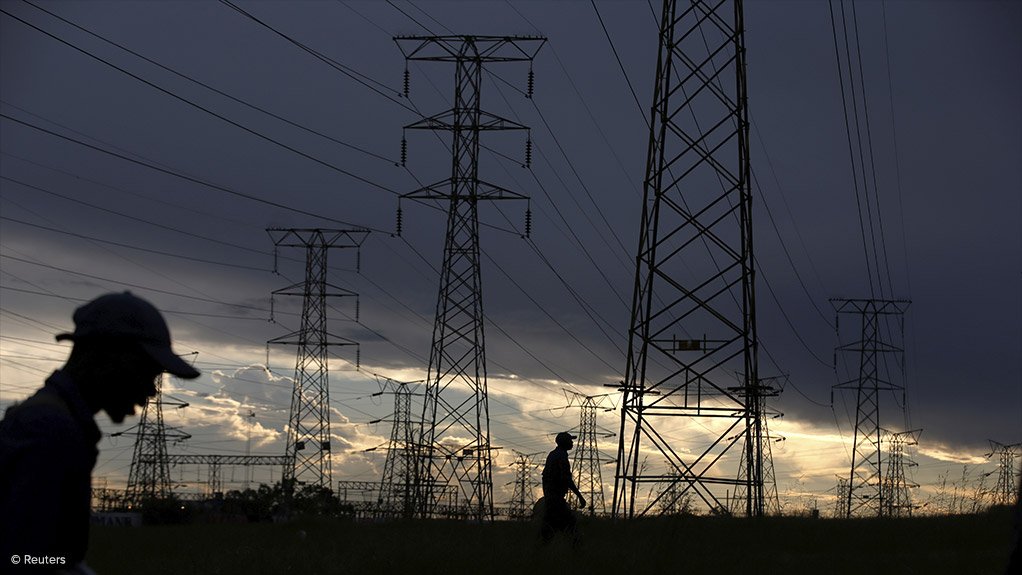Amid ever-increasing costs of living, there is mounting pressure on the City of Cape Town after it implemented a 17% electricity tariff hike - greater than the National Energy Regulator of South Africa's (Nersa) recommended 15.1%.
Political parties and residents, who are feeling the pinch as the cost of living continues to increase, have lodged several objections with Nersa.
The City implemented its budget for the 2023/24 financial year on 1 July with a capital expenditure budget of a record R69.9-billion.
But the budget came with steep municipal rates and tariff increases.
Campaign group Electricity Tariffs Must Fall started a petition, which garnered 155 signatures by the time of publication.
Tafelsig resident and founder of the Electricity Tariffs Must Fall campaign, Natasha Gertse, said: "This cannot be allowed; it is unacceptable, unconstitutional and goes against our and human rights."
Gertse said residents were already struggling.
"The City is supposed to be working for the citizen, but instead, the only income we receive has to go to the City without questions being asked, and nobody to see to these complaints," she added.
STOP COCT founder Sandra Dickson added, "This is in spite of many objections against this during the public participation process for the City's 2023/24 budget. The City also gets away with adding an 'unregulated' 37.47 cents to each electricity unit they sell. STOP COCT and others, therefore, lodged a complaint [with] Nersa regarding the City of Cape Town's policy and practice."
Dickson added the public had been "shamelessly exploited".
"It is not palatable to hear propaganda about a 'well-run' City with 'clean audits' while the greater public is shamelessly being exploited [by] this City and its tariff-setting policies. This is the direct result of a metro with one political party dominating it, and opposing any of these is ineffective," she said.
GOOD party councillor responsible for finance, Anton Louw, said municipalities could increase their tariffs above the proposed guideline if they have compelling reasons and a motivation to deviate.
"The City of Cape Town and eThekwini municipality are among six municipalities that applied to Nersa for electricity tariff increases above the Nersa guideline."
"The City imposed an increase of 17.6% - way above the Nersa-approved tariff hike for municipalities of 15.1%. Following Nersa's rejection of eThekweni's proposed tariff hikes, Cape Town residents are now facing the highest tariff increase in the country. This while the City has substantial cash reserves," he said.
Nersa spokesperson Charles Hlebela confirmed that the energy regulator had received a number of complaints.
"Nersa is not able to indicate the number of complaints received at this stage, suffice to indicate that Nersa is receiving several complaints regarding the alleged tariff increase implemented by the City of Cape Town," he said.
Hlebela pointed out that Section 15(2) of the Electricity Regulation Act, 2006 (Act No. 4 of 2006), stated: "A licensee may not charge a customer any other tariff and make use of provisions in agreements other than that determined or approved by the regulator as part of its licensing conditions".
He added, "Nersa will investigate the complaint in line with its dispute resolution procedure to establish whether the City of Cape Town is in breach of this section or not."
Eskom implemented an 18.65% tariff increase in April, as granted by Nersa.
The City's mayoral committee member for energy, Beverley van Reenen, said the tariff hike was legally approved by the Council in terms of the Municipal Finance Management Act in May 2023, following the public participation process.
"For the City of Cape Town, it means it costs the City 18.5% more to buy the bulk power from Eskom to distribute to City customers. The key issue remains the Eskom tariff hike of 18.5%," she said.
Van Reenen added that the City spends about 70% of its tariff income to buy electricity from Eskom, with the remaining 30% covering the costs of a reliable electricity service and plans to end load shedding.
"The City would run an estimated budget shortfall in excess of R500-million based on Nersa's guideline tariff increase. This shortfall would make it impossible and unsustainable for the City to run a reliable electricity service and implement plans to end load shedding," she said.
EMAIL THIS ARTICLE SAVE THIS ARTICLE
To subscribe email subscriptions@creamermedia.co.za or click here
To advertise email advertising@creamermedia.co.za or click here











